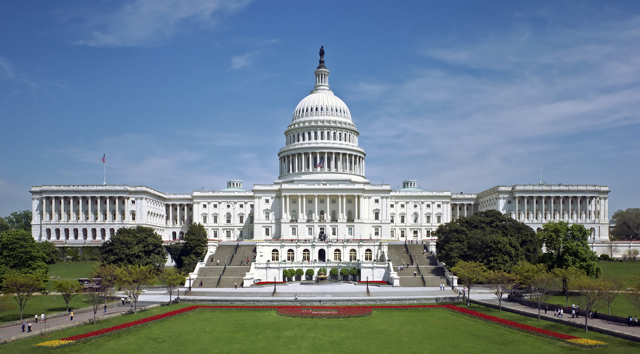States Push Web Tax, Hoping to Spur Litigation and Legislation
February 25, 2016
States that want to collect sales taxes from out-of-state Internet e-tailers are tired of waiting for Congress to act. As a result, they’re passing state laws to do so. Alabama, South Dakota, Utah and 10 other states have passed legislation that directly contradicts the standing national law that states can only apply tax to businesses with brick-and-mortar locations there. State legislators are hoping that by challenging the existing law, they will spur litigation and force Congress to re-examine the issue.
The Wall Street Journal reports that the current situation has its genesis in a 1992 Supreme Court ruling, Quill Corp. v. North Dakota, that decided states can only charge sales tax on a purchase if the seller has a physical presence in that state. Critics note that the ruling was intended to apply to catalog sales, not the behemoth of online retail. States lost $23.2 billion in revenue in 2012 because of online sales, says a University of Tennessee report.
States are legislating taxes in different ways. In Alabama, for example, the revenue department started to enforce an old law; the state will audit companies that don’t file returns, and state officials say they will litigate scofflaws. In Colorado, the law requires out-of-state retailers to send a list of in-state customers; in a recent appeal, the federal court sided with the state.
According to PC World, the U.S. Senate just passed the Permanent Internet Tax Freedom Act, which had already been approved by the House of Representatives. The law, which would permanently extend an 18-year moratorium on Internet-targeted taxes, is on President Obama’s desk awaiting his signature. This law, however, does not cover taxes for online purchases.
State officials and other advocates of Web sales taxes find cause for optimism from Supreme Court Justice Anthony Kennedy comments, when deciding the Colorado case, that “dramatic technological and social changes” since the Quill ruling have bolstered the states’ argument. He added that “the legal system should find an appropriate case” to reexamine the standing law.
What makes it more complicated is that the issue divides Republicans, with no-tax advocates facing off against big box stores and other big business sectors. “The biggest threats are in these red states,” said Christine Harbin, executive at the conservative group Americans for Prosperity. “They purport to be tough on taxes. They purport to be tough on spending.”


No Comments Yet
You can be the first to comment!
Sorry, comments for this entry are closed at this time.